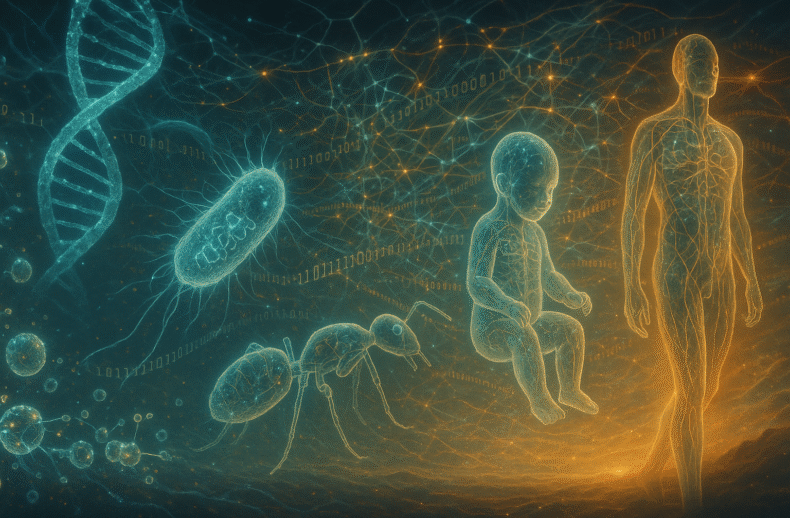This essay explores a future where political leaders are required to enter the FormLab—a space designed to reveal the hidden psychological patterns behind decision-making, especially the deep-rooted recognition loop that drives ambition, conflict, and policy. Through AI-powered analysis, leaders are confronted with their true motivations and historical patterns, challenging the myths and rationalizations that sustain cycles of rivalry and escalation. While the FormLab offers unprecedented potential for self-reflection and reform, the essay highlights the formidable self-protective mechanisms of power and culture, ultimately questioning whether genuine change is possible without a broader transformation of norms, incentives, and collective





